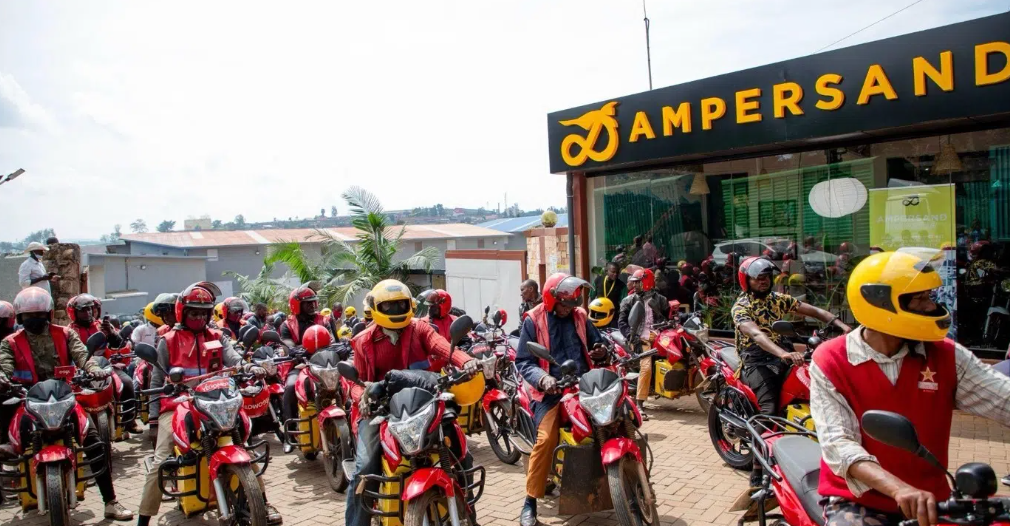Ampersand, an electric vehicle (EV) startup, has launched a significantly larger manufacturing facility in Nairobi, Kenya, spanning 21,000 square meters, which is over three times the size of its previous 6,500 square meter site. This expansion enables the company to assemble up to 60 electric motorcycles daily, or 1,440 monthly, while also supporting its battery swap network.
With over 1,100 Ampersand e-motorcycles already in use, the company’s battery-powered fleet covers over 4.5 million kilometers weekly between Kigali and Nairobi. Ampersand aims to deploy 5 million electric motorcycles by 2033.
Josh Whale, CEO of Ampersand, said the expansion is geared towards scale and impact. “With this expanded capacity, we’re in a stronger position to support the electrification of Africa’s commercial motorcycle transport and to scale Ampersand’s proven business model.”.
Kenya’s electric vehicle industry is also seeing growth from other players. In April 2024, BasiGo introduced the country’s first electric bus production line, while M-KOPA and Bolt launched an initiative to deploy 5,000 electric motorcycles. Zeno raised $9.5 million in September 2024 to develop swappable battery technology across East Africa.
Kenya’s government is also actively fostering the industry, with the release of a draft National E-mobility Policy aimed at encouraging local EV production and assembly.






